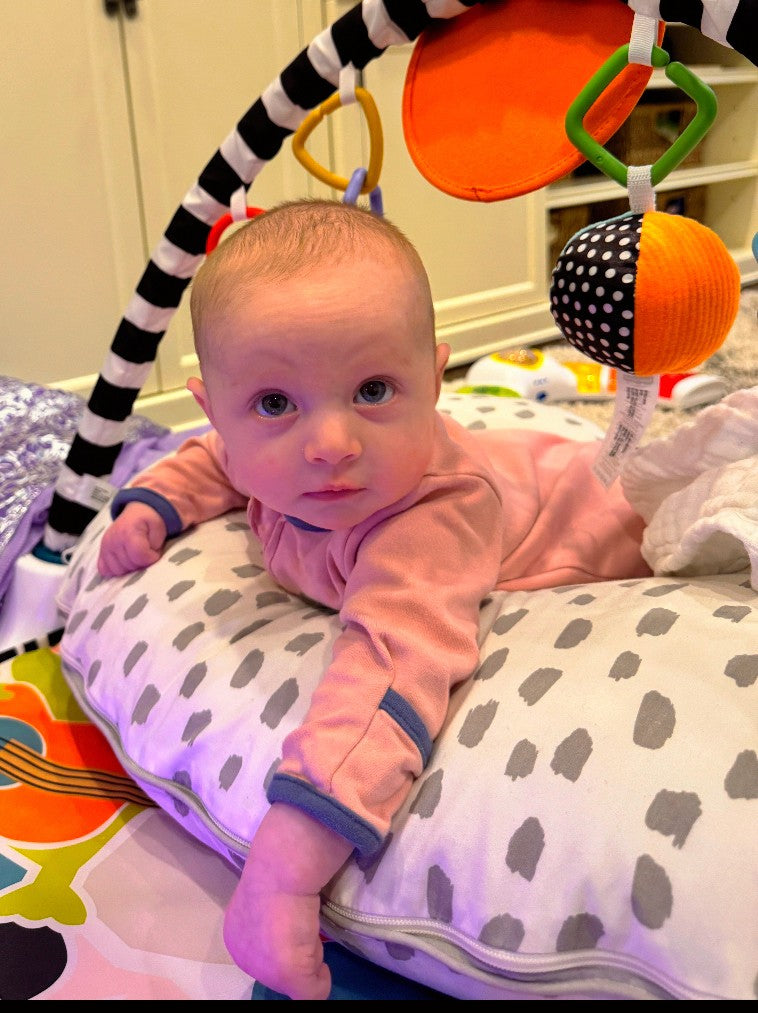Your Cart is Empty
Honey is widely known for its natural sweetness, health benefits, and versatile uses. While it's a great addition to an adult's diet, honey is unsafe for babies under two years old. Despite being a natural product, honey can pose serious health risks to infants, particularly the risk of botulism. Let's explore why honey isn't suitable for babies and children under two and when it's safe to introduce it into their diet.
One of the most significant dangers of honey for babies under one-year-old is infant botulism. Honey can contain spores of Clostridium botulinum, the bacteria responsible for botulism. While harmless to older children and adults, these spores can grow in a baby's digestive system, causing muscle weakness, breathing problems, and even paralysis. This condition can be life-threatening, which is why pediatricians advise against giving honey to babies until after their first birthday.
A baby's digestive system is still developing and lacks the fully matured gut flora needed to protect them from harmful bacteria, including the spores found in honey. As a result, honey can be complex for babies to process and may put them at risk for other infections. It's safest to avoid honey until your child's digestive system has developed.
It's also important to consider the impact of sweeteners like honey on babies' developing taste preferences. Introducing honey, or any added sugar, before your baby turns one can increase the likelihood of developing a preference for sugary foods later. For optimal nutrition and healthier eating habits, avoiding sweeteners like honey is best until your child is older.
The general recommendation is that babies under 12 months should not consume honey due to botulism risks. After their first birthday, however, it's considered safe to introduce honey into their diet. Once your child is old enough, honey can be a natural, healthy sweetener for smoothies, oatmeal, or toast. Just be sure to moderate it as part of a balanced diet.
While honey is off-limits for babies, it offers numerous health benefits for adults and older children. Honey is rich in antioxidants, antibacterial properties, and natural enzymes, making it an excellent addition to the diet. It can help soothe sore throats, improve digestion, and even enhance skincare routines. For older children and adults, honey is a versatile, healthy sweetener that can be used in various recipes.
If you're looking for natural sweeteners for your baby, there are safer alternatives to honey. Pureed fruits like applesauce, mashed bananas, or sweet potatoes can add natural sweetness to baby foods without the risks associated with honey. As your child grows older, you can gradually introduce honey into their meals once they reach the age of one.
While honey is a fantastic natural sweetener for adults, it is unsafe for babies under one year old due to the risk of botulism. Once your child turns one, you can safely introduce honey into their diet, but always in moderation. Until then, stick to other age-appropriate foods and enjoy honey for yourself. Remember, your baby's health and safety come first, so it's essential to wait until they're ready for honey.
Comments will be approved before showing up.
